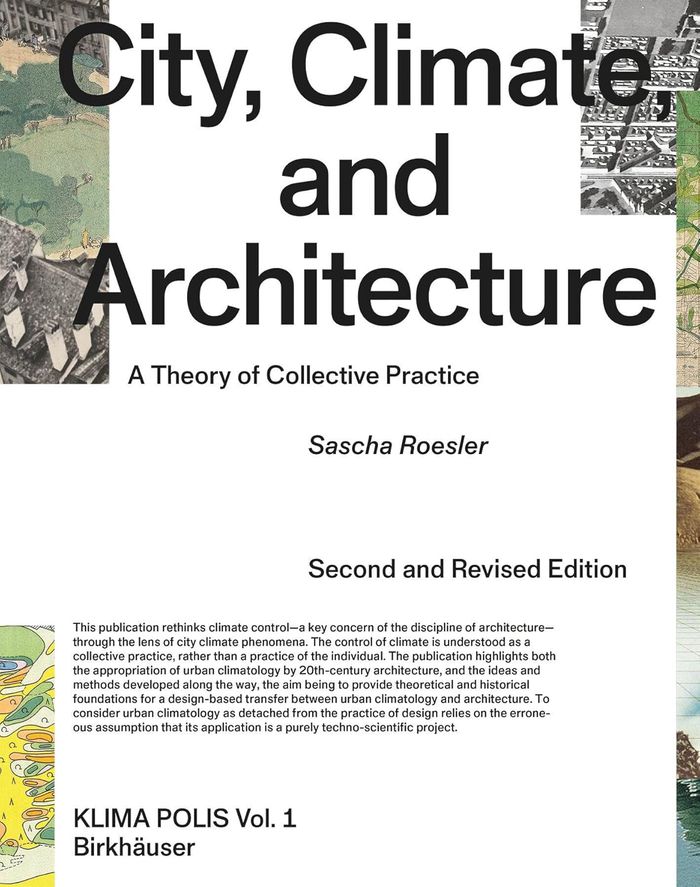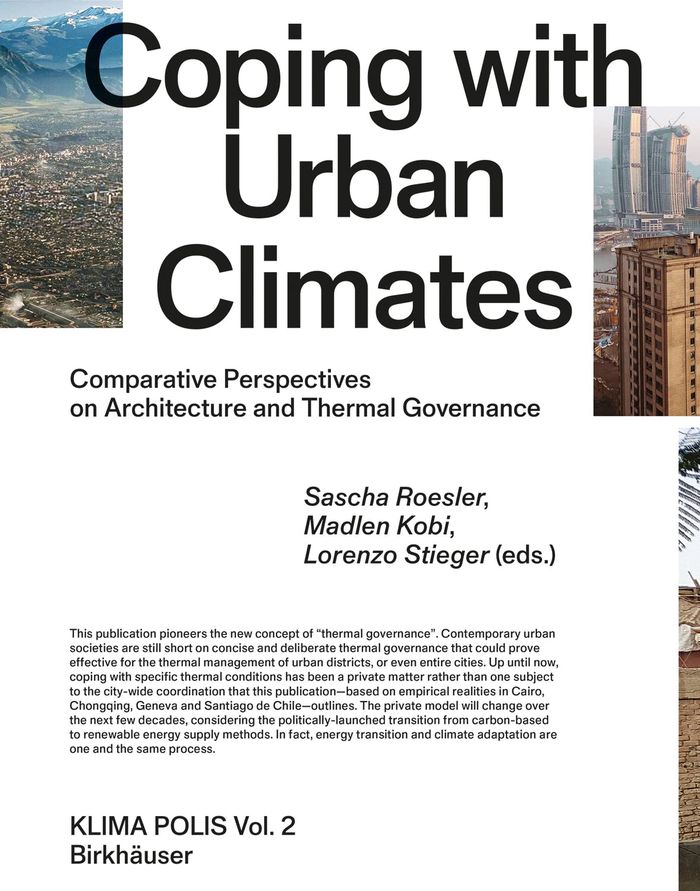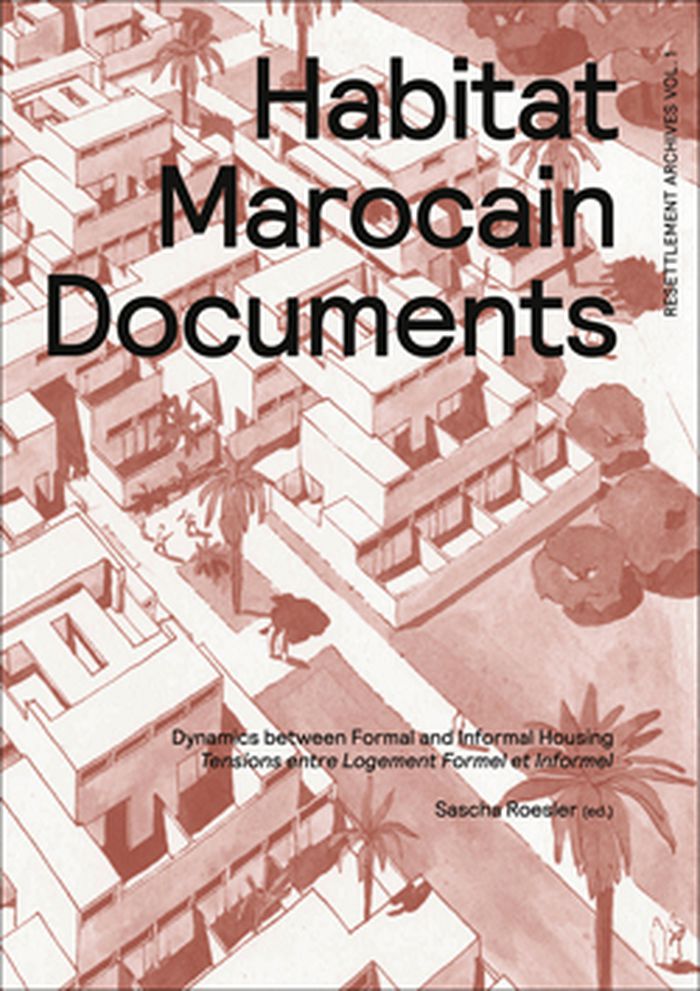City, climate and architecture: A theory of collective practice, Volume 1. Revised second edition
$105.00
(available in store)
Summary:
The publication rethinks climate control – a key concern of the discipline of architecture – through the lens of city climate phenomena over the course of the 20th century. Based on a history of climate control on urban scales, it promotes the integration of indoors and outdoors in order to reduce environmental and thermal loads in cities. Just as heating and cooling(...)
City, climate and architecture: A theory of collective practice, Volume 1. Revised second edition
Actions:
Price:
$105.00
(available in store)
Summary:
The publication rethinks climate control – a key concern of the discipline of architecture – through the lens of city climate phenomena over the course of the 20th century. Based on a history of climate control on urban scales, it promotes the integration of indoors and outdoors in order to reduce environmental and thermal loads in cities. Just as heating and cooling practices inside the buildings are affecting the (urban) climate outdoors, urban heat islands are influencing the energy requirements and thermal conditions inside the buildings. While the first part of the book focuses on the interwar period in Europe, the publication’s second part considers examples from all over the globe, tracing the growing significance of ecological thinking for the design of urban environments.
Green Architecture
$94.00
(available to order)
Summary:
While 20th century architecture learned to control the climate of a building, the architecture of the 21st century needs to learn to cope with the climate of cities. Problems such as urban heat and air pollution need to be included in planning and design. Based on empirical realities in Cairo, Chongqing, Geneva and Santiago de Chile, the book underlines that the(...)
Coping with urban climates: comparative perspectives on architecture and thermal governance
Actions:
Price:
$94.00
(available to order)
Summary:
While 20th century architecture learned to control the climate of a building, the architecture of the 21st century needs to learn to cope with the climate of cities. Problems such as urban heat and air pollution need to be included in planning and design. Based on empirical realities in Cairo, Chongqing, Geneva and Santiago de Chile, the book underlines that the materiality and social practices attached to room heating, compound greening, street alignment or climate policies together form the tissue for contemporary urban climates. It interweaves socio-cultural with meteorological data and pioneers the new concept of "thermal governance" by linking architectural and technological as well as legal and economic dimensions of climate control in urban environments.
Urban Theory
Habitat marocain documents
$59.95
(available to order)
Summary:
Casablanca’s Habitat Marocain housing project was built between 1954 and 1956 by Swiss architects Jean Hentsch and André Studer, part of the major postwar reconstruction and expansion undertaken by the French colonial administration after World War II. The building was intended to house local inhabitants rather than European expats, and that intention guided the(...)
Habitat marocain documents
Actions:
Price:
$59.95
(available to order)
Summary:
Casablanca’s Habitat Marocain housing project was built between 1954 and 1956 by Swiss architects Jean Hentsch and André Studer, part of the major postwar reconstruction and expansion undertaken by the French colonial administration after World War II. The building was intended to house local inhabitants rather than European expats, and that intention guided the architects in their design, which reflected a number of ethnographic assumptions about the Moroccan populace. This richly illustrated book explores the process of designing and building Habitat Marocain, illustrating the complicated interplay of ethnographic imagination and design synthesis, as well as the increasingly informal further development of the project after it was officially completed.
Collective Housing


